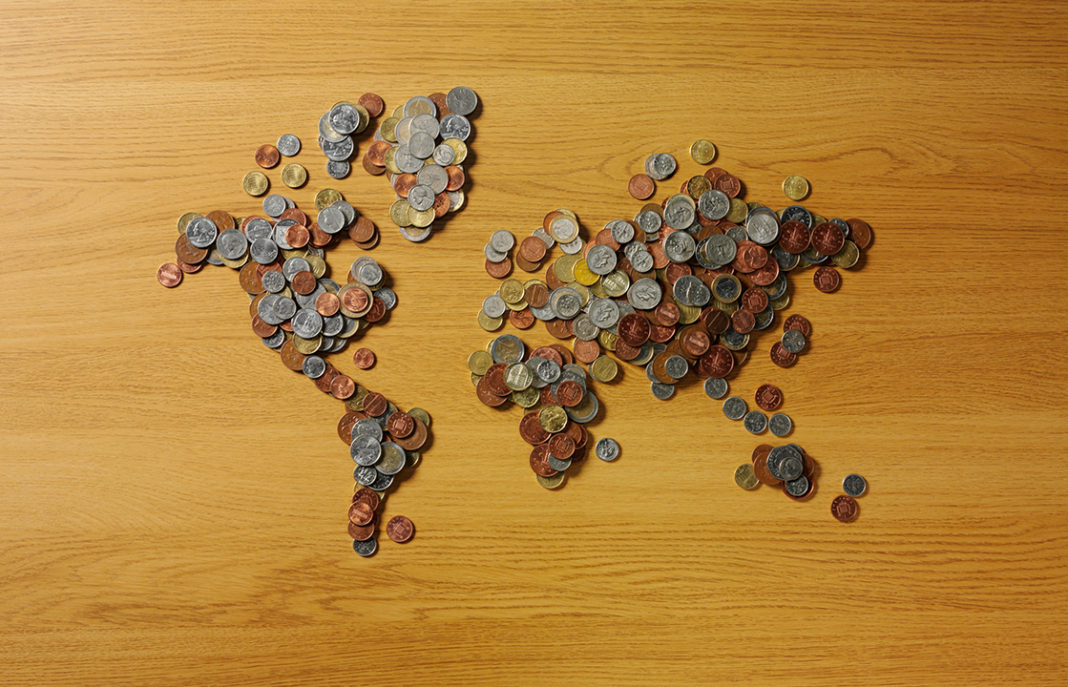No one can truly foresee a crisis like COVID-19. Now we are facing unprecedented times with economic and financial turmoil all around. But through this turmoil and uncertainty, you still need to live. Hopefully, you have a steady source of income, but if you don’t, you’re probably considering your options.
“It’s a rule of thumb to have at least six months’ worth of expenses saved up,” explained Richard Cayne of Meyer International. “More than six is even better. Otherwise, you may be faced with making hard choices as we wait for the markets to recover.”
What if you don’t have that safety net?
The first thing to remember is not to panic. And avoid liquidating your investments. If you find yourself needing funds, you should take inventory of what you have available and what your true expenses are. You may find that you don’t need as much as you think you do, so you can survive without diminishing your portfolio.
As mentioned in other articles, times of market turmoil is not the time to sell. Hold on to your portfolio and look for other sources of cash or ways to cut expenses. Housing, food, utilities, and transportation – how much do you really need to spend? There are many ways you can be thrifty without having to sacrifice your lifestyle. And for some of your debt, you could check if you can renegotiate terms or postpone payments before you default and end up owing even more.
You should seek expert financial advice
After cutting expenditures, you may still need additional cash, especially if your income slows down or dries up. If you don’t have any emergency savings, you may have to look to alternative sources of liquidity before dipping into your portfolio. During unstable economic times, many central banks will lower interest rates to promote spending. This means you may be able to take out a loan against certain assets such as insurance policies, real estate, precious metals, and other physical assets. Of course, you don’t want to accrue more debt, but with lower interest rates, it may be a better option than selling and losing the potential gains once the markets recover.
These may be unpleasant options, so this may be a good time to talk to a trusted financial expert like Richard Cayne. Someone like Richard can help you evaluate your current financial situation and come up with a strategy that will hopefully avoid going too much further into debt or wreak havoc on your investment portfolio. Things may be difficult for a while, but with proper planning and possibly a few lifestyle changes, you and your loved ones will survive and thrive. You may even be able to put some money aside!















